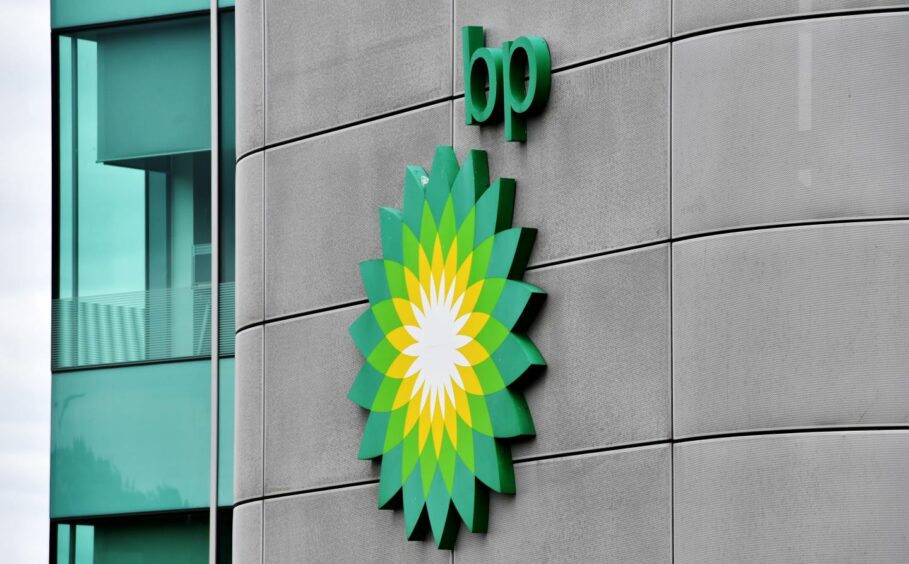
Oil giant BP (LON:BP) again reported bumper second-quarter profits, which ballooned to more than $8.4 billion, but estimates it will pay an extra $800 million by the end of 2025 in the wake of the UK’s windfall tax.
The supermajor reported earnings of over $8.4bn per its underlying replacement cost profit metric – and over $14bn pre-tax – while total revenues surged to just over $69.5 billion.
It continues a run of bumper results, with profits triple that of the same period last year, and well above average analyst estimates of around $6.7bn.
BP said the performance was driven by strong refining margins, continued “exceptional” oil trading performance and higher liquids realisations.
Results were offset by “average” gas marketing and trading performance – which receded fllowing an “exceptional” first quarter – and the impact from an ongoing outage at Freeport LNG.
Reported oil production for the quarter was 1.27 million barrels of oil equivalent per day (boepd), in addition production of around 924,000 boepd from its gas and low carbon energy unit.
Last quarter saw profits of $6.2 billion (£4.9bn), though BP’s results were “partly offset” by paper write downs of $24bn (£19.2bn) and $1.5bn (£1.2bn) as a result of the “loss of significant influence” and its exit from its share of Russian group Rosneft.
The second quarter also saw the completion of share buybacks amounting to $2.3 billion, with the full $2.5 billion buyback programme completed on 22 July.
Net debt fell for the ninth successive quarter to reach $22.8 billion at the end of the second quarter.
The stellar results prompted the group to up its quarterly divided by 10% to 6.006 cents per share, and launch a further $3.5 billion share buyback programme.
Chief executive Bernard Looney said: “Today’s results show that BP continues to perform while transforming. Our people have continued to work hard throughout the quarter helping to solve the energy trilemma – secure, affordable and lower carbon energy. We do this by providing the oil and gas the world needs today – while at the same time, investing to accelerate the energy transition.”
Windfall tax
BP also began to quantify the effects of the UK’s new Energy Profits Levy (EPL), which increases the headline rate of tax from 40% to 65% on profits from its North Sea business as of 26 May 2022.
The introduction of the so-called windfall tax will result in a one-off non-cash deferred tax charge of an estimated $800m, BP said, reflecting the higher tax rate effective between 1 October 2022 and 31 December 2025.
Speaking during an investor call following publication of the results, Mr Looney said the figure provided was not a full estimate of the cost of levy, but represented “an accounting issue around deferred taxes and the changes in valuation.”
He pointed to updated estimates which suggest a group-wide underlying effective tax rate (ETR) of around 35% for full-year 2022, but said the full implications of the levy would be shown when the company reports its taxes at the end of the year.
At the company’s annual general meeting earlier this year, the chief executive warned that “unpredictable” measures such as the EPL “would challenge investment in home-grown energy.”
However, speaking during a parliamentary committee last month, UK boss Louise Kingham told MPs that: “We don’t think at BP that the profits levy will impact on the investment plans we have in the North Sea.”
In May BP announced it would invest £18 billion in the UK over the next decade, three-quarters of which would be focused on low-carbon sources of energy, with the rest directed to its traditional oil and gas business.
Analyst reaction
BP’s record results align with those of its fellow supermajors. Last week Shell reported eye-watering pre-tax profits of $36.9bn, while Exxon and Chevron also saw their highest ever quarterly takings.
Brewin Dolphin investment manager Stuart Lamont noted: “BP has mirrored Shell’s exceptional results last week – albeit, with the disposal of its stake in Rosneft hanging over the first six months of 2022.
He said the company was in a “great position” thanks to rising sales, strong profits, and falling debt.
“Shareholders will be pleased that this is being converted into returns, with 60% of surplus cashflow being distributed to them through dividends and share buybacks. However, BP’s and its peers’ results are also likely to attract further political attention, which is becoming a real risk for the future.”
Panmure Gordon oil and gas analyst Ashley Kelty said that while the group’s production guidance looks to remain flat for the rest of the year “refining margins will remain high due to supply disruption from Ukraine conflict.”
He also noted the supermajor was “ahead of the game” in recognising the impact of its Russian writedowns, which Shell’s results did not.
Recommended for you
